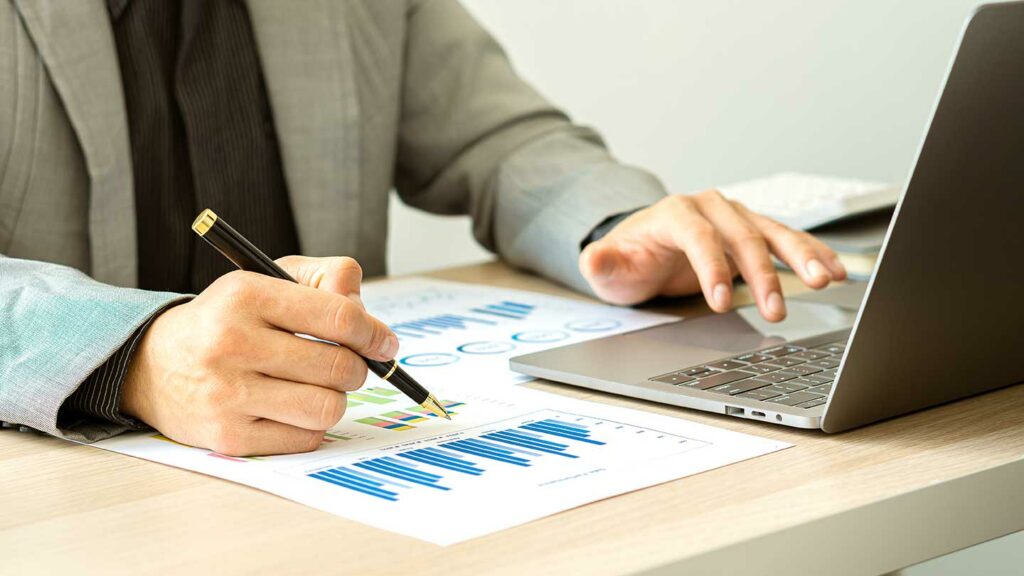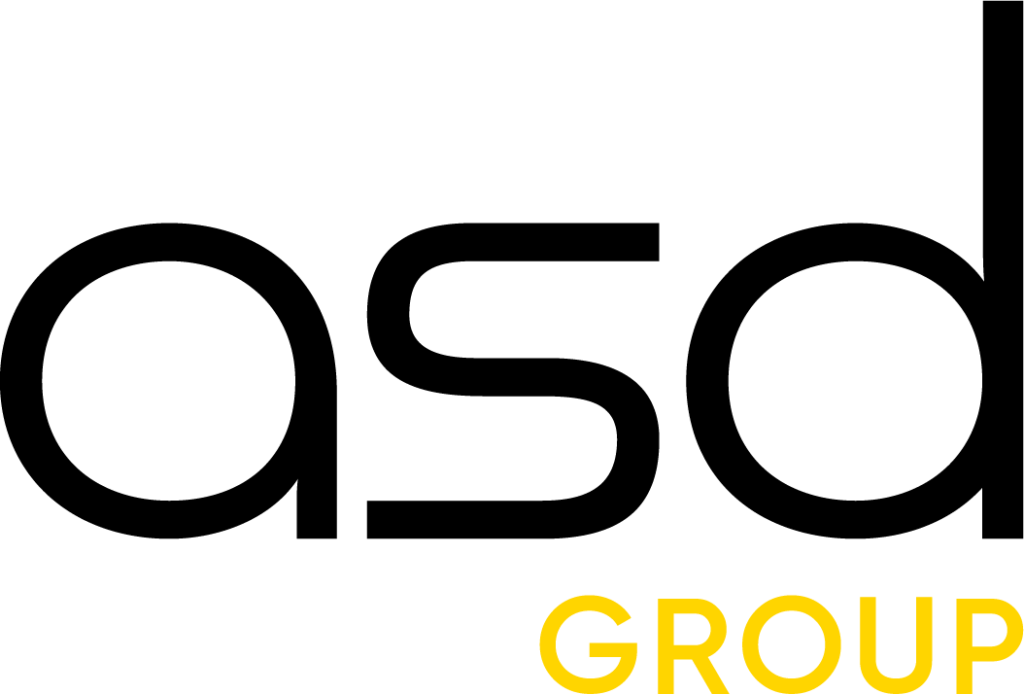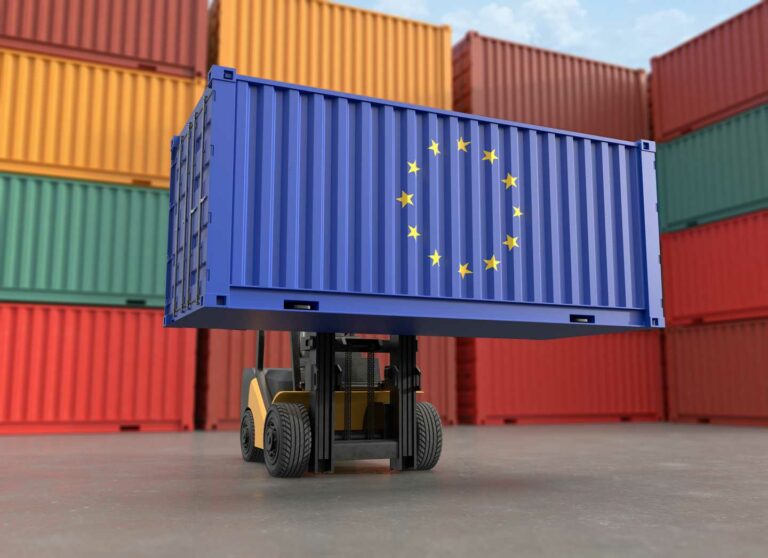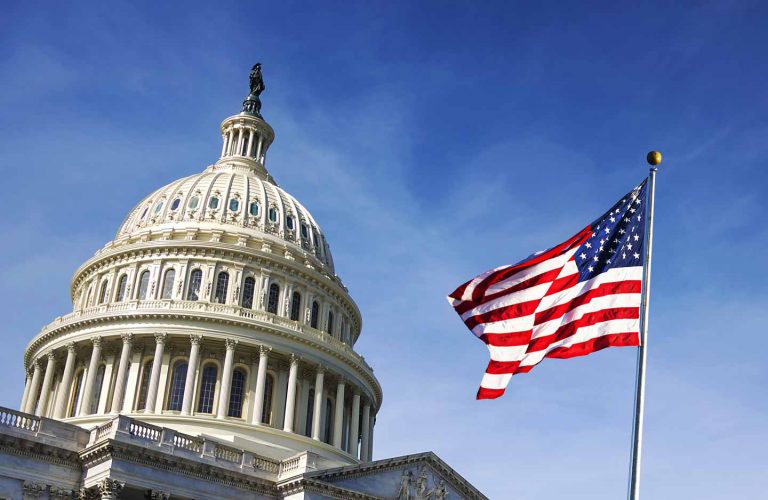France has generalised the reverse charge of VAT on imports since 1 January 2022. What does it involve?
Value added tax (VAT) is usually collected from the customer by the supplier and then paid to the Treasury. However, in some cases, the customer company pays the VAT due itself. This is known as a reverse charge of VAT.
The reverse charge mechanism allows the taxable person to be reversed and to be able to invoice without tax (excluding VAT). Many countries have adopted this mechanism to limit fraud while facilitating commercial transactions.
We often relate the term ‘reverse charge’ to local transactions. However, this mechanism can also be applied to import transactions, which as a rule are subject to VAT in the Member State of import. This rule has been generalised as of 1 January 2022.
Generalisation of the reverse charge of VAT on imports into France from 1 January 2022
Since 1 January 2022, France has generalised the reverse charge mechanism for import VAT. This is now compulsory.
Thus, importers subject to VAT in France must identify themselves for VAT purposes to the French tax authorities.
To allow non-EU companies to comply, tax and customs administrations have introduced a transitional period until 30 June 2022.
In addition, in order to benefit from this transitional period, companies not established in one of the EU countries must, by 1 March 2022:
- Appoint a tax representative in France ;
- Apply for VAT registration in France.
In case of non-compliance with the conditions imposed by the French government, companies established in a third country will not be able to benefit from the transitional period and will see their goods blocked at French customs.
What is the reverse charge of VAT and why use it?

The reverse charge of VAT is the mechanism whereby the person liable for payment is reversed. Thus, the person liable for payment is no longer the person who carries out the transaction, but his co-contractor: the purchaser of the goods or the recipient of the services.
The reverse charge mechanism only applies in BtoB relationships.
Where the reverse charge mechanism applies, the vendor/supplier must issue the invoice exclusive of VAT (without VAT). It is the buyer/customer who will declare the VAT on the transaction in the Member State where the transaction is located.
What is the reverse charge of VAT on imports into France?
The objective is simple: to facilitate the relocation of goods flows and customs clearance operations in France, but also to attract new operators to the national territory.
This mechanism of simultaneous declaration and payment on the VAT return becomes automatic and compulsory for all taxpayers identified for VAT in France without any prior authorisation.
Who can benefit from the reverse charge of VAT on imports?
In order to benefit from this mechanism, businesses, regardless of their country of establishment, must be identified for VAT purposes in France. Companies that do not have a French intra-Community VAT number but wish to carry out import operations in France must first apply to their company tax department (SIE) for a French intra-Community VAT number, without which the goods will be blocked at customs.
Why choose ASD Group?
As an Authorised Economic Operator (AEO) and Registered Customs Representative (RCR), ASD Group assists you in completing your administrative formalities by carrying out the customs and tax procedures necessary for the smooth running of your international operations.
In addition, our team of experts will ensure your compliance with the regulations imposed by the various administrations to which you are liable. For more information on the VAT reverse charge mechanism and for compliance with the new French regulations, contact our experts.




